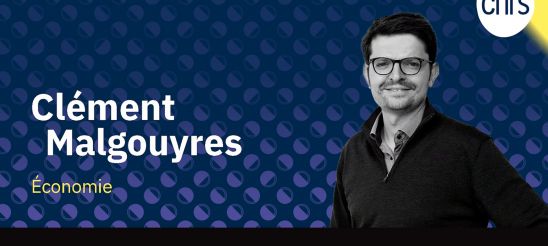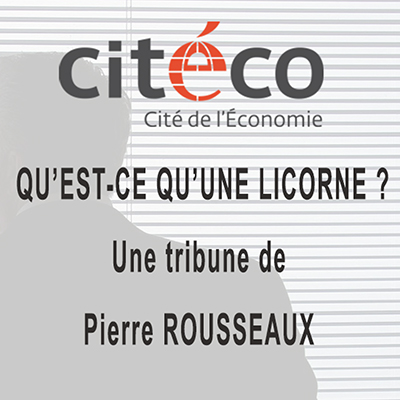Portrait vidéo de Clément Malgouyres, chargé de recherche CNRS au CREST et médaille de bronze du CNRS
Portrait vidéo de Clément Malgouyres, chargé de recherche CNRS au CREST et médaille de bronze du CNRS
Portrait vidéo de Clément Malgouyres, chargé de recherche CNRS au CREST et médaille de bronze du CNRS
Tribune | Comment financer la défense nationale ?
Une tribune de Pierre Boyer et Michel Bouvier pour le journal Les Echos.
Publié le 18 déc. 2024
Tribune | Comment financer la défense nationale ?
Une tribune de Pierre Boyer et Michel Bouvier pour le journal Les Echos.
Publié le 18 déc. 2024
Qu’est-ce que faire un « beau » mariage ?
Marion Goussé, économiste et professeure à l’ENSAI était l’invitée de l’émission “Entendez-vous l’éco ?” sur France Culture.
Publié le lundi 16 décembre 2024
Qu’est-ce que faire un « beau » mariage ?
Marion Goussé, économiste et professeure à l’ENSAI était l’invitée de l’émission “Entendez-vous l’éco ?” sur France Culture.
Publié le lundi 16 décembre 2024
Qu’est-ce qu’une licorne ?
Une tribune de Pierre Rousseaux pour Citéco.
13/12/2024
Qu’est-ce qu’une licorne ?
Une tribune de Pierre Rousseaux pour Citéco.
13/12/2024
Price & Choose
CREST Working Papers Series No. 2024-15
by Federico Echenique and Matías Núñez
Separating the Structural and Composition Impacts of Financial Aid on the Choice of Major
CREST Working Papers Series No. 2024-14
by Christian Belzil, Jörgen Hansen and Julie Pernaudet2024-14








